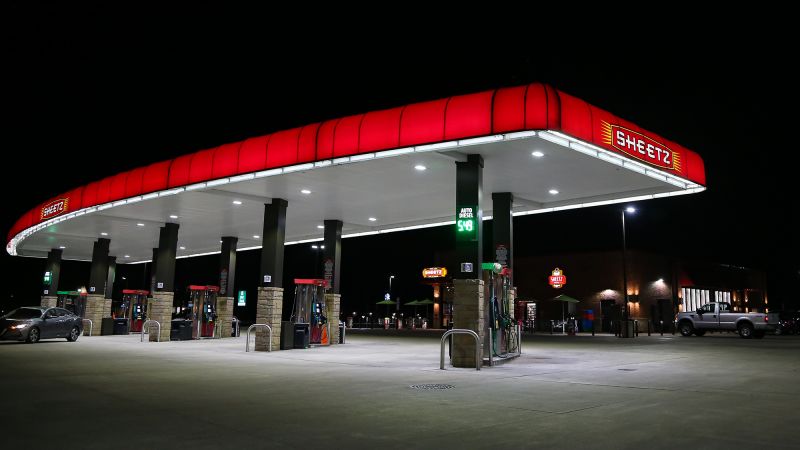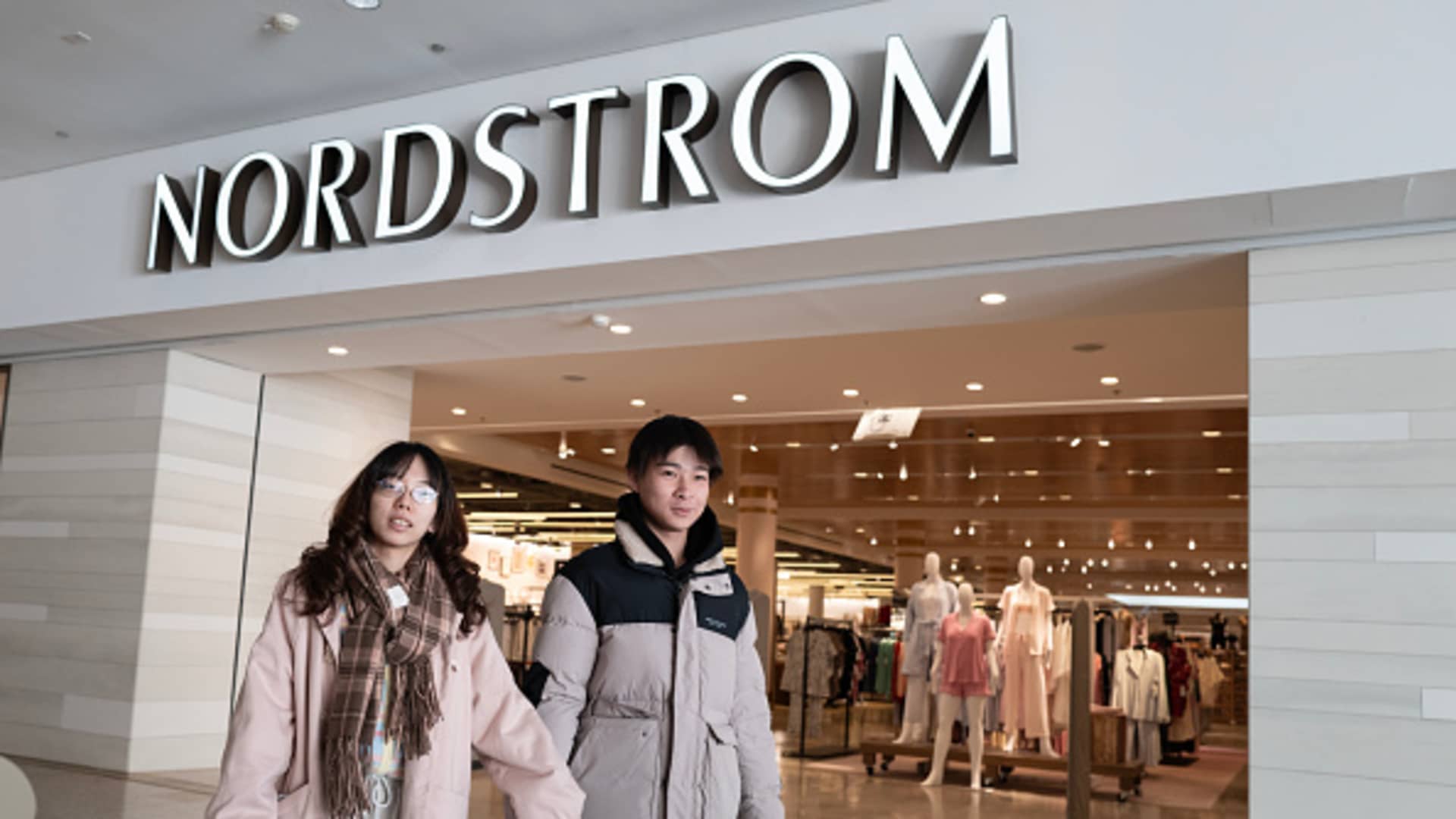Staff of Reuters tmsnrt.rs/2egbfVh* Graphic: Trade-weighted sterling since the Brexit vote tmsnrt.rs/2hwV9Hv (Reuters) – LONDON, June 30 (Reuters) – The British pound fell slightly in early London trading on Wednesday as investors awaited news on whether the United Kingdom and the European Union would agree to prolong a customs exemption for chilled meat imports to Northern Ireland. The current grace period, which exempts British-made sausages and other chilled foods from customs checks, is set to expire on Wednesday. On Tuesday, British Prime Minister Boris Johnson stated that the country intends to strike a deal on prolonging the exemption in the near future. Currency specialists say the post-Brexit conflict between Britain and the EU, dubbed the “sausage row” because customs inspections may have delayed supply of British sausages from Britain, has had little impact on the pound so far. Low volatility means there are unlikely to be large moves in sterling, according to ING FX strategists, but “the market will take notice of any progress on trade tensions with the EU.” “A three-month extension of the waiver on chilled meat shipments from the United Kingdom to Northern Ireland would be welcome here.” The pound was down 0.1 percent against the dollar at $1.38305 at 0746 GMT, close to a one-week low and on course for its worst month since September. It was down roughly 0.1 percent against the euro, trading at 86.065 pence per euro. With one-month maturities, euro-sterling implied volatility measures were close to their lowest since mid-2019. The dollar has risen sharply after the US Federal Reserve’s surprise hawkish move on June 16, hitting the pound. Cable touched a two-year high of $1.425 at the start of the month, but has stayed generally in the $1.38-$1.40 region since the Fed meeting. Investors are particularly concerned about the spread of the Delta version of COVID-19 in the United Kingdom, which led the government to postpone its complete reopening earlier this month. On July 19, the government plans to fully reopen bars, restaurants, nightclubs, and other hospitality venues. Due to a vigorous struggle between supermarkets, prices charged by British retailers declined somewhat quicker in June than in May, but rising costs tied to COVID-19 and Brexit may soon add to the rise in broader inflation, according to an industry organization. (Elizabeth Howcroft contributed reporting, and Andrew Heavens edited the piece.) Continue reading
Sterling slips as investors await news on UK-EU sausage spat
2021-06-30T08:11:09-04:00June 30th, 2021|





